Memorial Day at British Cemetery
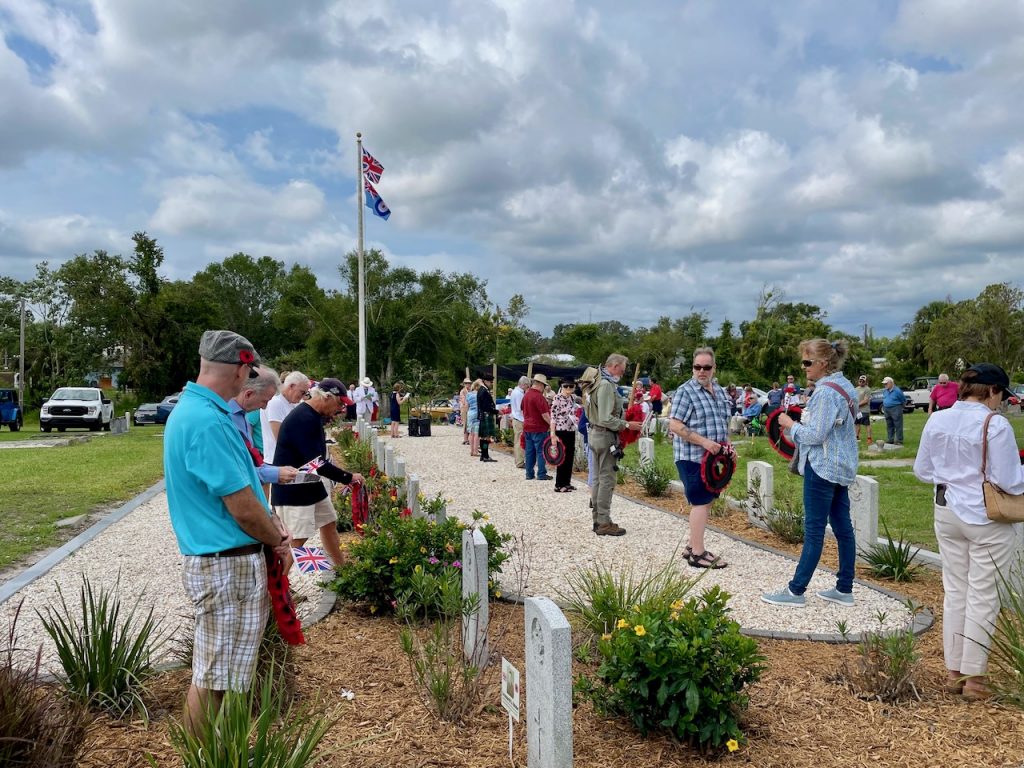
On May 29, the SBCC recognized Memorial Day by honoring the 23 Royal Air Force cadets who perished in South Central Florida while in flight training during World War II. Members motored east to Arcadia, Florida to a special section of the city cemetery set aside for the British pilots. This annual Memorial Day service dates back to 1956. In addition to the local service clubs, participants included members of all the Sarasota British Clubs, and also, the British Car Club of Southwest Florida. As President Bruce Skaggs reported, “Our two clubs made a rather nice showing of British cars.”
As the war worsened in Europe in the early 1940’s, the U.S. Army Air Forces recommissioned nearby Carlstrom Air Field, as well as Riddle Field in Clewiston, about 80 miles to the southeast. The first of the 1,800 RAF cadets who would eventually pass through the training arrived in Arcadia in June, 1941, six months before the United States entered the war. The first cadet death occurred barely a month later – from meningitis. A burial site was set aside for the British airman at the city-owned Oak Ridge Cemetery. The “British Plot” was subsequently expanded in the ensuing years as other deaths followed, predominantly from aircraft accidents near Clewiston. The average age of the young cadets interred is only slightly more than 20 years old.
Following the moving service organized by the Arcadia Rotary Club, our group had lunch at the Azul Tequila Mexican restaurant in Arcadia. Many thanks to Jim and Debbie Wilson for organizing our attendance.
Historical Footnote: In the British plot, there is also a memorial to honor John Paul Riddle (1901-1989), the American aviation pioneer. He was co-owner and instructor at the flying school where the British Cadets were trained (Riddle Field). He was made a Member of the Order of the British Empire for his contributions to Britain’s defense during the war.

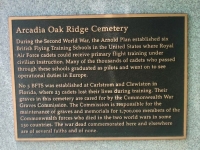
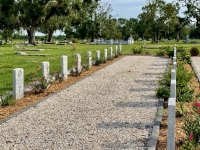
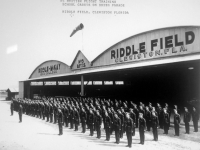

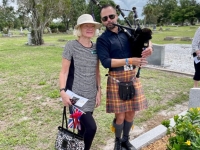
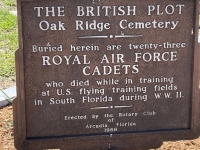
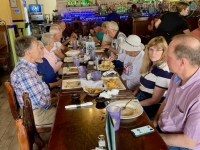
Leave a Reply
You must be logged in to post a comment.